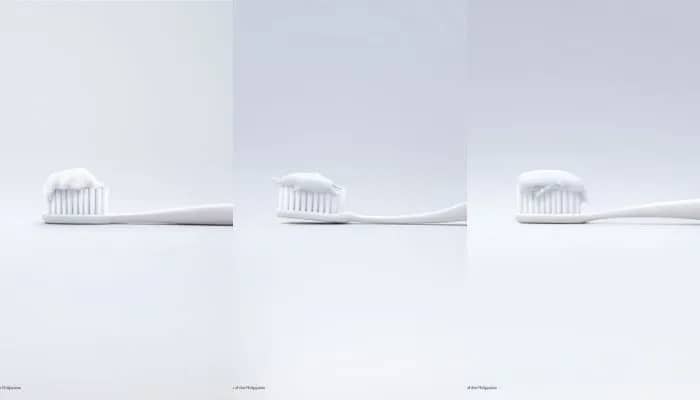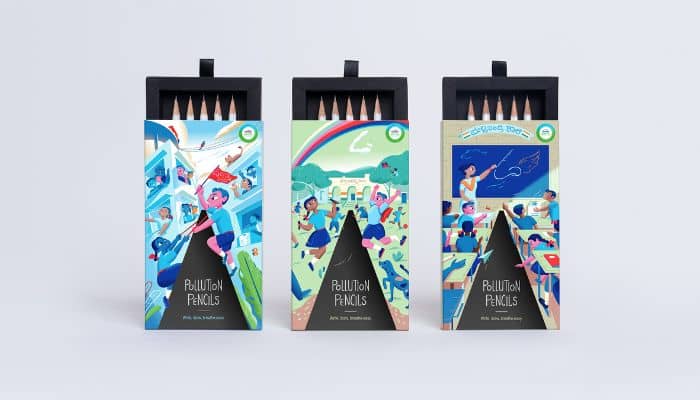Philippines – Kintab Toothtabs, along with the Marine Wildlife Watch of the Philippines (MWWP) and BBDO Guerrero, has unveiled a campaign aimed at raising awareness of the environmental dangers associated with plastic toothpaste tubes, particularly their impact on marine wildlife.
The campaign, titled “The Killer Smile,” showcases three powerful visuals featuring iconic marine animals—a dolphin, a whale, and a polar bear. Each striking image portrays these creatures made from toothpaste, dramatically positioned atop a toothbrush, symbolising the deadly impact of plastic waste on marine life.
Created by the BBDO Guerrero team, these visuals highlight the harmful impact of our daily oral healthcare habits on marine wildlife, particularly when plastic waste is discarded irresponsibly.

As part of the campaign, Kintab also introduced a specially designed toothpaste box that features two variants of its toothpaste tablets—Blizzard and Herbed—alongside a bamboo toothbrush for a fully sustainable brushing experience. The packaging, made to connect with consumers visually, includes informative text about the threats posed by plastic to marine wildlife, emphasising that the solution lies within the box itself.
Guilian Sencio, CEO and co-founder of Kintab, expressed, “The Killer Smile is an eye-opening reminder that even the smallest daily habits, like brushing our teeth, have an environmental impact. It’s vital that we make the switch to more sustainable alternatives like Kintab to help protect our oceans and wildlife for future generations.”
The campaign was launched last September at a symposium in BGC, Taguig, in conjunction with Maritime and Archipelagic Nation Awareness Month (MANA Mo), reminding Filipinos of their deep connection to the sea.
Dr. AA Yaptinchay, the executive director of Marine Wildlife Watch of the Philippines, said, “Single-use plastics, including the packaging of everyday items like toothpaste, aside from their obvious direct effect when it chokes an animal and smothers its habitat, can break down into microplastics, which are highly toxic to marine wildlife when ingested and can lead to illness and death. It’s crucial that we become mindful of the impact our everyday actions have on the environment, as every piece of plastic that ends up in the ocean threatens the health of our marine ecosystems.”
Meanwhile, Alexandra Lopez, associate creative director of BBDO Guerrero, shared, “Creativity can inspire positive change. Through powerful visuals, we’re not only raising awareness but also sparking a conversation about how our actions, no matter how small, can have a significant impact on the world around us.”


